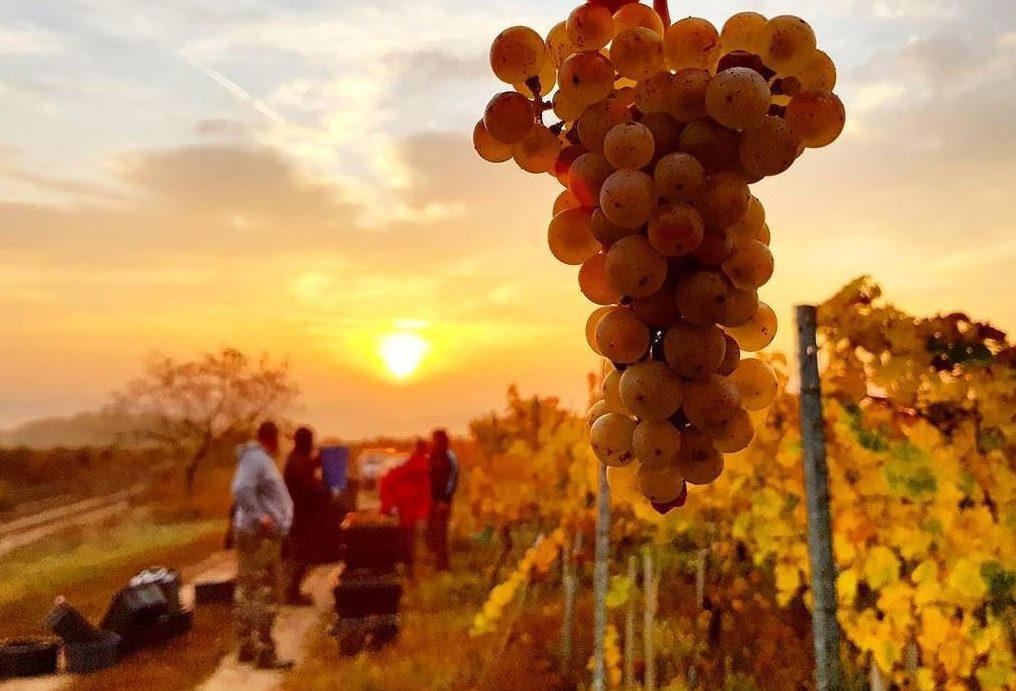Hungarian wine is more than just Tokaji – Egri Csillag, Kekfrankos, Bikaver, Furmint, Juhfark, Cabernet Franc, these are just some of the diverse range of wines that have enough complexity on their own or as a blend to carry food or be drunk on their own.
You have led a lot of activity on Hungarian wines in the UK over the last 18 months. What have been the highlights?
So many! The main highlights were the tours, the winemakers meeting UK journalists and buyers, and generally getting a conversation going.

Showing the quality that is out there at tastings is also always a positive experience and the fact that we always get really great feedback! Either that or people are just being polite!
The biggest highlights have been our commercial successes, placing Nimrod Kovacs with Boutinot, Koch with Alliance, Heumann with Wanderlust, Gal with Bibendum, St Andrea with Matthew Clarke, Barta with Corney & Barrow, and working with The Wine Society.
We love being able to support the products when they are in the trade. But above it all, doing something positive for our homeland is what drives us on.
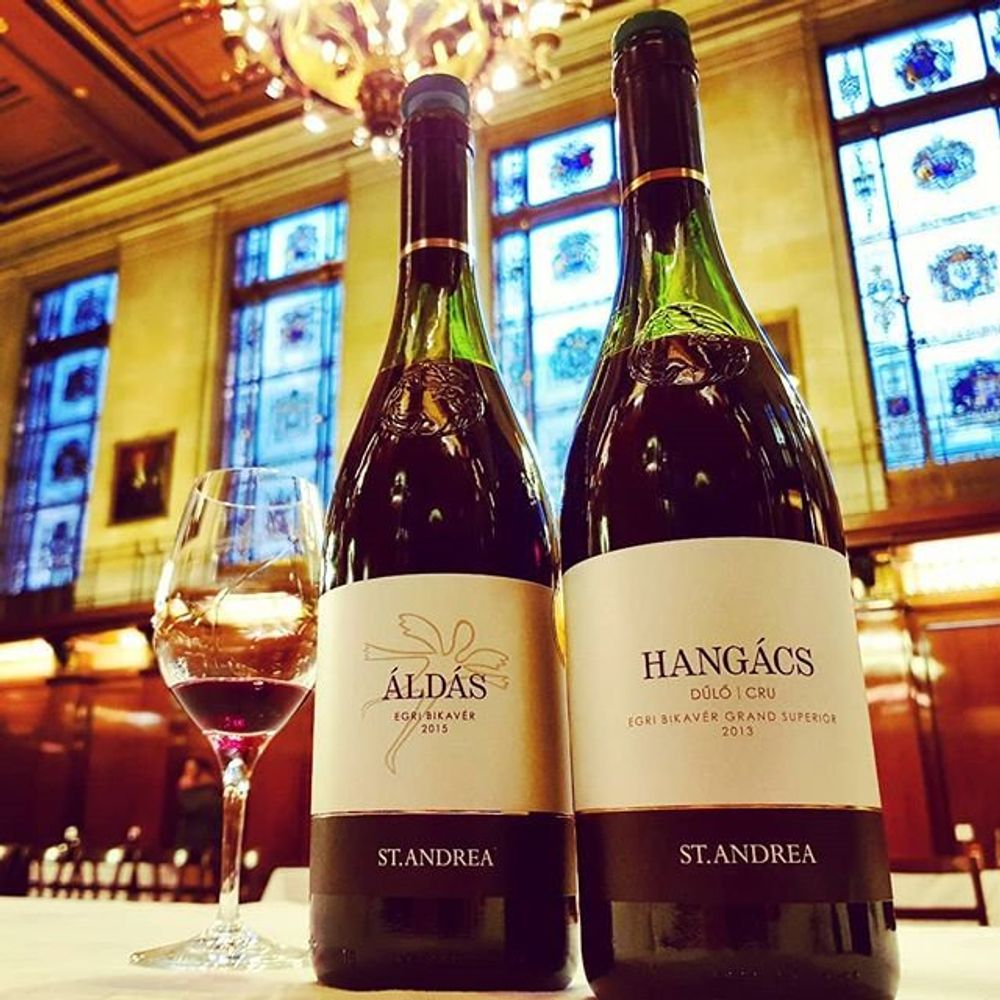
What has been the best way you have found to talk about an emerging /lesser known region to UK buyers?
There are things which are easy and things which are difficult, as people have little knowledge or expectation. If they do have an expectation it is usually for the cheap bulk wines.
The hard bit is resetting those expectations, but is made easier because the market these days is looking for less cheap and more quality drinking.
I think key here is the ability to really know the working languages in Hungary and the UK, literally and culturally, so things don’t get lost in translation.
Which channels of the trade have been most receptive to your story and your wines?
It’s interesting because we have recently launched doing some staff knowledge training in Michelin star restaurants in London. For example, when we visited La Gavroche six out of seven sommeliers didn’t know anything about Hungarian wines. However, they were eager to learn and were really impressed by the quality and value of the wines.
What is it they are most interested in?
Pinot Noir, Bikaver, native varietals, our volcanic soils, the culture, stories, trips – I love the new generation out there because they are eager to learn and are so full of curiosity which will fuel this learning.
It is also great that younger drinkers are a bit more willing to try something new, and really welcome the unexpected.
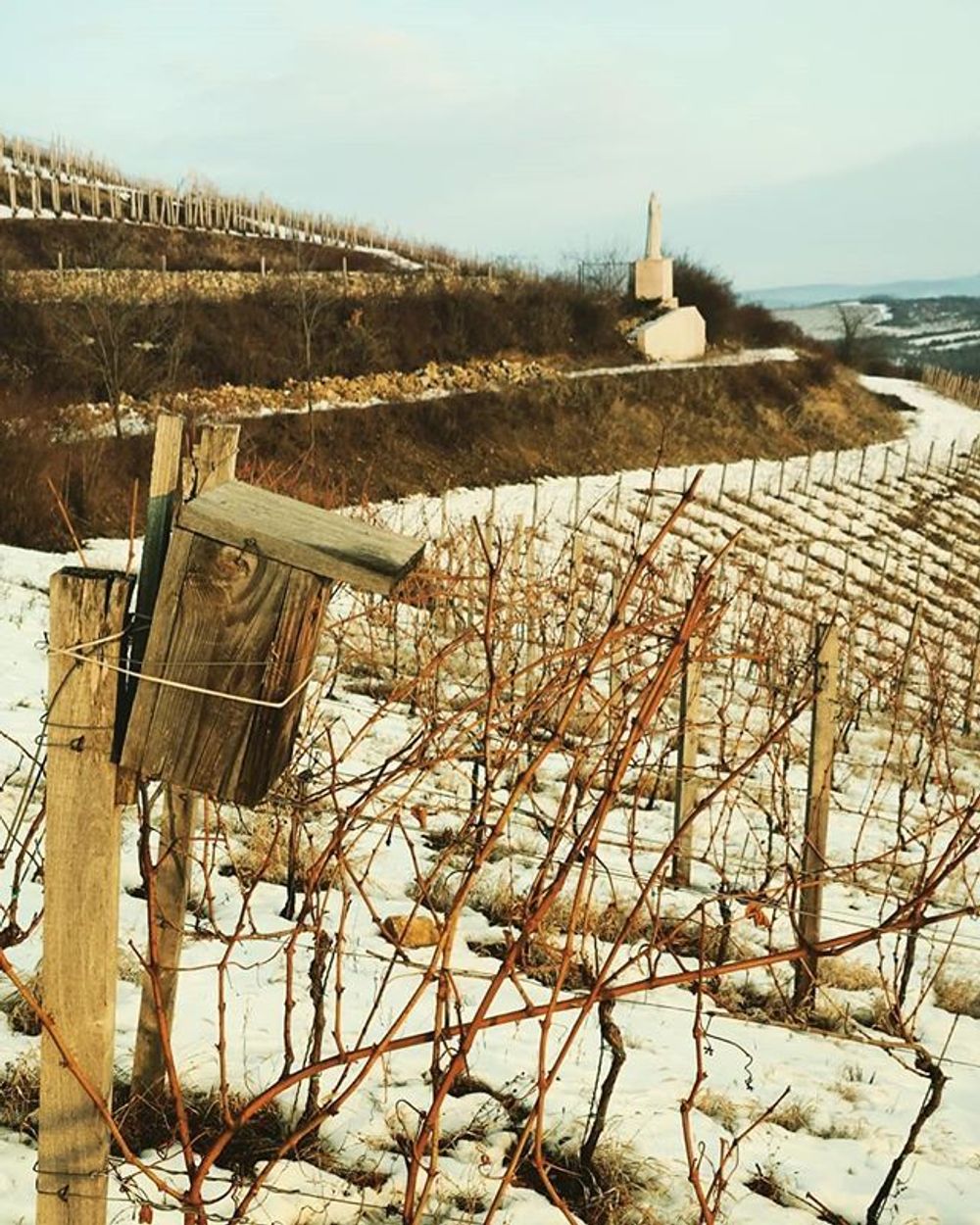
For those that don’t really known Hungarian wines, what is it about them that makes them stand out?
First of all it is quality. Secondly, volcanic wines, or wines from volcanic terroir is currently trendy, which is great for Hungary because 80% of the country used to be covered in active volcanoes some four million years ago.
I am not sure that on its own is enough of a pull factor, but it does result in lovely minerality and salinity in the wines and, of course, creates a story around the wines!
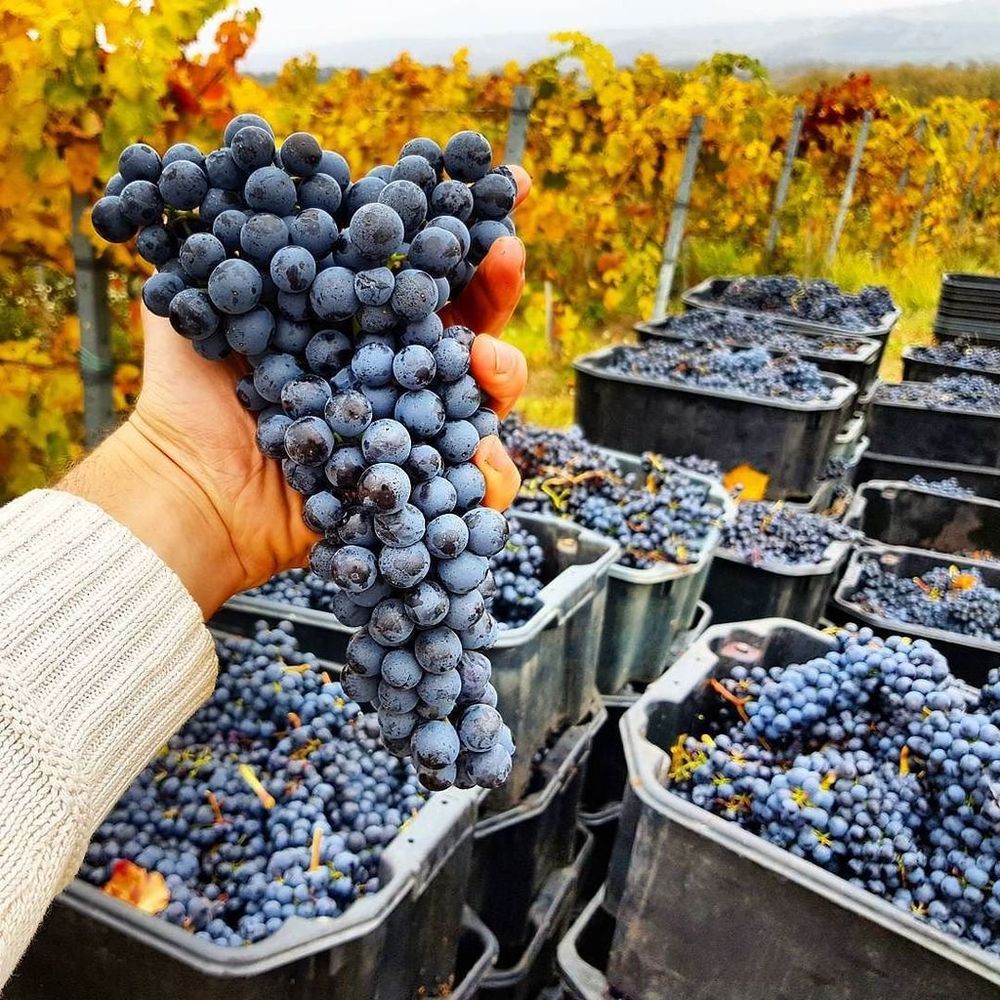
Which particular styles do you think are best for the premium on-trade?
Egri Csillag, Kekfrankos, Bikaver, Furmint, Juhfark, Cabernet Franc – wines that have enough complexity on their own or as a blend to carry food but also can be really layered and interesting to enjoy on their own. From light drinking to higher alcohol, Hungary has plenty of diversity.
What sort of foods do they match well with?
Big dishes, roasts, steaks, spicy dishes, Indian food… One thing I am still missing a lot is to see more good quality Hungarian cuisine in the UK. We are a nation that eats well. Eating is a part of our culture as much as it is for Italians.
Big family gatherings with four courses over a Sunday is what my family used to do or cooking up a Gulyas in the garden on an open fire, seasoning it for hours letting the beef get perfectly tender and moist, with lots of smoked, sweet or spicy paprika.
Foie gras is also one of our big national dishes as is goose in general. Eating out, beautiful food and the number of fine dining restaurants all across Hungary signals a growing move towards great quality.
The Mediterranean coffee lifestyle with good eating and drinking is very important for Hungarians. None of this comes through to the UK yet which would really help the wines. But one day it will, I am sure.
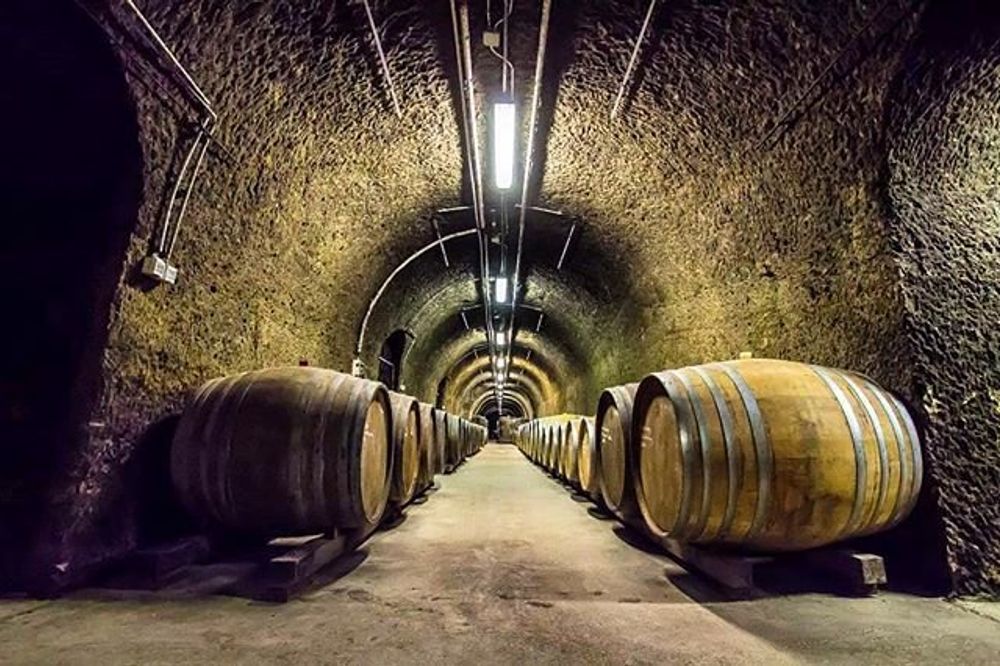
What price points work best for the UK market and premium on-trade in particular?
How long is a piece of string?!
It depends on the wine, I guess. Price points in the UK are low, too low for a wine-loving nation like Hungary. We drink 80% of the wine we make in the 22 wine regions of Hungary and so export is a ‘nice to have’ but not a ‘must have’.
Supermarket price points do not, or very rarely work. We usually work with low yields and increasing the yields will dilute the quality. Looking at our sales, generally, the wines will definitely retail for above £10, a sound entry level will be below £15 – wholesale around £7-£10.
We have just started working on the categories beyond those price points (of course an Aszu has always been a premium wine). I know prices seem high and quantities are smaller, but margins are high and the demand is definitely there so why not?
Good value does not mean cheap, it means being happy with the price relative to the quality. In this sense, Hungary offers good value.

How was the 2017 vintage in terms of production/availability and price points?
This is an other reason why God is on our side this year. The 2017 vintage was superb, which also now creates a great opportunity for Hungary. If you want to learn more about the 2017 harvest click here.
What are the other key export markets for Hungary and how are you doing in those markets?
Poland is becoming quite a big market these days. However, closer to the UK, Belgium is beginning to boom. Sweden is quite strong and there are exports to Germany and Croatia. Some of my producers are even selling to France, and the US is showing good promise.
I think, however, that this is only the start, because it’s only been 28 years since Hungary came out of communism and vineyards have been re-cultivated. A younger generation has been able to travel to other parts of the world, experience winemaking and bring back their learnings to Hungary.
Export is still very much about Hungary finding its feet, but that is why I am here. If it was mature, I would be out of a job!
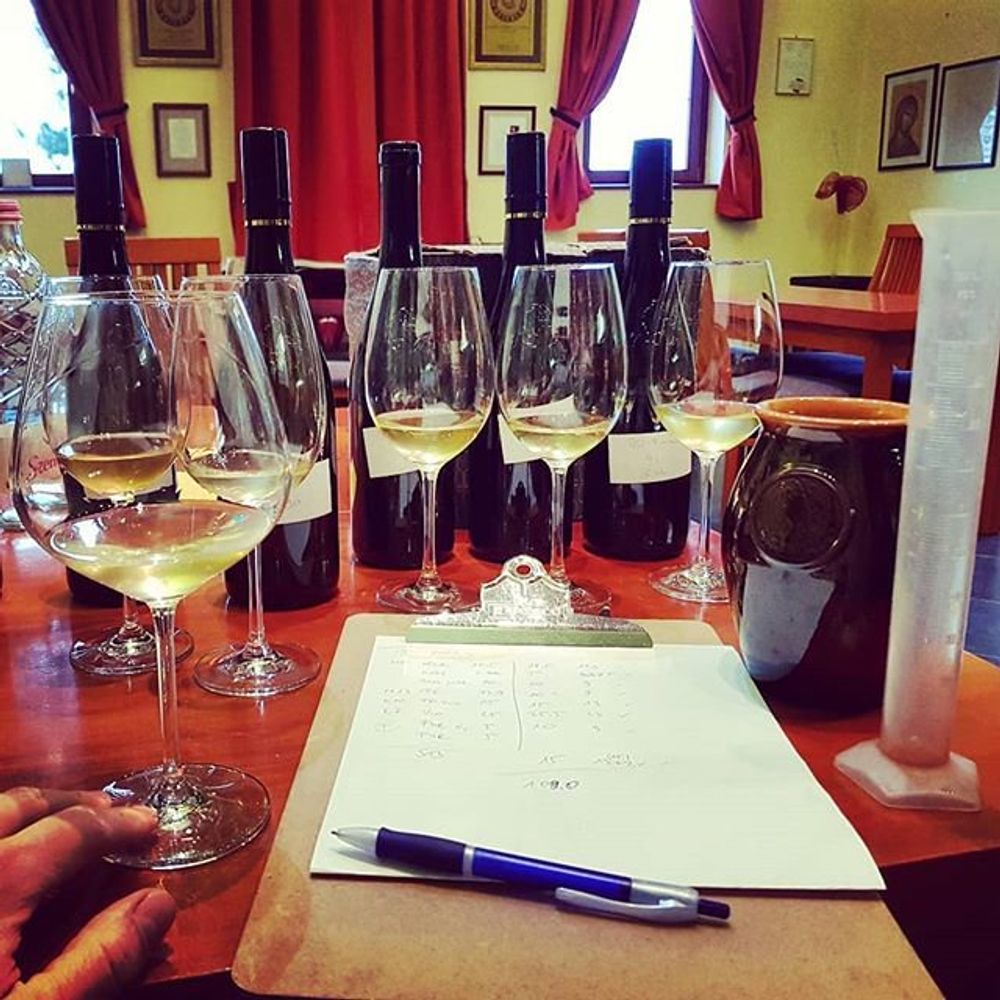
What is your strategy going forward? What do you see being the best opportunities for Hungarian wine and how are you going to make the most of them?
I would like to help Hungary find a long-term home in the UK and, through it perhaps, an international platform. I would like to transform all the experience that I have of the UK market and living nearly half of my life in this country into the benefit of our winemakers. This is my motivation and I am going to achieve it with a lot of hard work.
There are two ways to go about it, I am doing planning, shipping samples, marketing, all our tastings and liaising with journalists, through to finance and programme management.
I have started this as a part-time job with two young daughters. Believe me, it is not part-time, and there is a lot more to be done!
As for the rewards, they are not necessarily financial for me, but more the opportunity to work with lots of inspiring people. I have had incredible support from the UK wine industry, our Masters of Wine and the Hungarian winemakers. We are a good team.
Hungarian wine is at the point of being reborn internationally. This is the opportunity and I am planning to exploit it the way it best fits the winemakers.
